Can lawn mowers get wet?
We all rely on our lawn mower to keep our lawns well-maintained, and we like to fire up when we pull the cord. But what happens when the weather is not playing nice and we are dealing with rainy or wet conditions? Can lawn mowers get wet? What happens if our mower is left out in the rain? Will this damage your mower?
Unfortunately, this is very much a “it depends” answer. In this article, we will look at the effects of rain on a mower, what you can do about it, and we will give you a few ideas on how you can protect your trusty lawn mower.
Common scenarios where lawnmowers may encounter water
The most common way is to leave your mower out in the rain. However, there are other ways it can happen as well. Using a lawnmower in the rain is another common reason. Flooding is also something that is becoming more and more common. We get that in our garage at home. Fortunately, it is not too bad, and the wheels or a mower sitting in an inch or so of water will not damage the engine. I have to watch the blades, though; I don’t want them rusting.
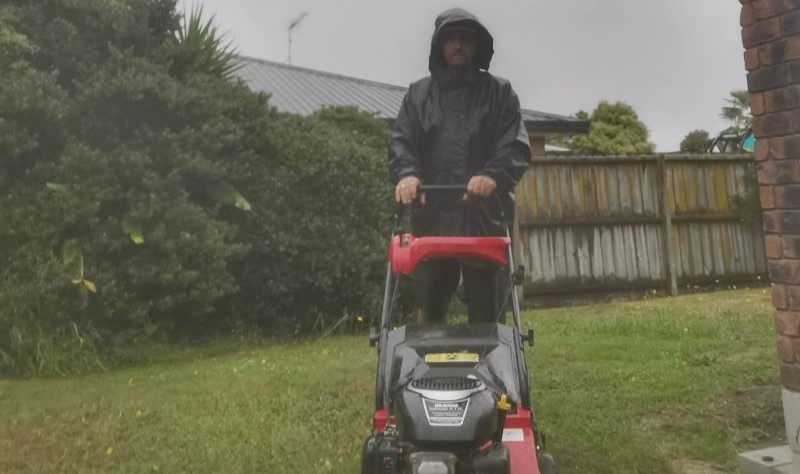
Can lawn mowers get wet?
I have worked in the pouring rain in my thirty years of mowing lawns, although it was an issue when I started. Nowadays, a good mower will run in the rain without any problems. However, there is a difference between water resistant and waterproof.
The best way to think about a mower is that it is water resistant, as lawn mowers are designed to withstand some rain. The issue is when there is too much exposure to water. This is when you could encounter problems, anything from engine damage to corrosion. The following are the types of issues you could expect.
Engine (Gasoline-Powered Mowers)
Carburetor and Air Filter: If your air filter gets wet, your mower will not run. On some occasions, I have removed a wet air filter and been able to start a wet mower. It is a completely different story when you get water in your carburetor. You must know what you are doing to clean out a carburetor.
Fuel System: If you get water in your fuel tank, it will filter into the carburetor and stop your engine. You can remove the water from the fuel if you drain the gas into another container. Water is heavier than gasoline so that it will sit on the bottom of the container. I have seen someone carefully tip the gas into a second container and, therefore, salvage it. However, you will still need to clean or repair the carburetor if it has gone through your engine.
Spark Plug: when I mowed lawns commercially in the ’90s, I needed to cut up a plastic bottle and cover the end of the spark plug lead if I wanted to continue mowing in heavy rain. Today, with better technology, I no longer have this issue with spark plugs. However, they can prevent a mower from starting if moisture surrounds the spark plug.
Lawnmowing101 Membership

Build a six-figure lawn care business
Lawn Care Software

Get Your Lawn Care Business Running Smoothly
Easier for you and your customers. Jobber helps you quote, schedule, invoice, and get paid—all in one place.
How to protect your lawn mower from water damage
These are a few ideas on how you can make sure your mower is moisture-free.
Cover when not in use: A cover is the easiest way to keep your mower moisture-free, especially if you need to store it outside.
Store indoors: If possible, the best idea is to store the mower in a garage or a shed. Not only is this much more secure than having your mower outside, but it is also much better for the machine. Make sure that the area you choose to store it in is well-ventilated.
Elevate your mower: When you store your lawn mower in a garage, if there is any chance of moisture (or flooding) on the floor, then putting your mower on a platform or pallet will give it that separation it needs.
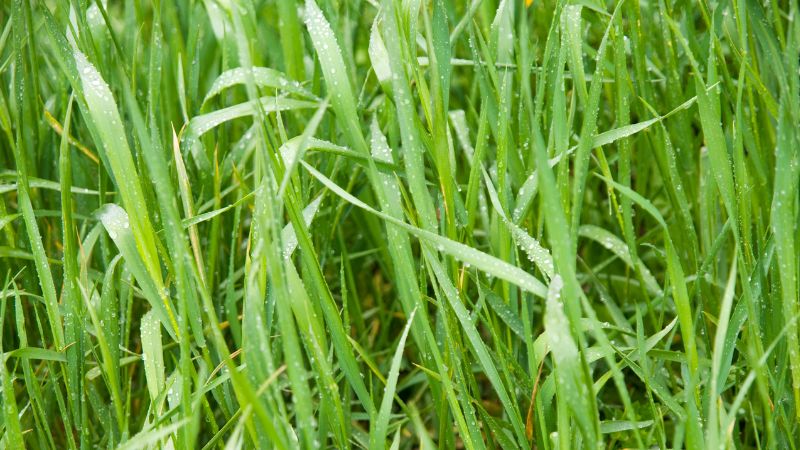
Don’t mow when the grass is wet: Avoid mowing wet grass when you can. This is especially true if you have a steel deck on your machine. When you mow a wet lawn, the grass will get under the cutting deck and clump up, disrupting airflow. This can cause the deck to start rusting.
Mowing Wet Grass Turfgrass Science at Purdue University
Keep your machine clean: A clean mower is less likely to break down due to moisture issues. I wash my machines with a pressure washer every month to remove grass clippings and dirt, and I highly recommend it. Ensure you use a low-pressure machine to wash and do not directly spray the engine or any electrical components.
Luburate the cables and other moving parts: I used to go through many throttle cables before I started using WD-40. I went from replacing one cable every couple of months to not replacing any cables at all in the last few years. Not that the cables are expensive, but when one seizes when you are trying to start your mower, it will take a couple of hours to buy and fit a new cable.
Service your mower regularly: Have a maintenance routine. This will help you detect issues ahead of time and avoid downtime when parts of your mower may break down.
What to do if your lawn mower gets wet
This simple step-by-step system can be used if your mower gets wet.
Dry the Outside: Your first step is to get the mower dry with a towel or other dry cloth and remove as much water as possible.
Disconnect the Spark Plug: You should habitually do this every time you work on a mower.
Drain the Fuel: There is normally a hose clip below the fuel tank that you can remove to drain the fuel into a bucket. Once you have the fuel, you can check the fuel. Water is in the fuel if you see a large, separated bubble area at the bottom of the bucket. Tip it out or salvage the fuel by siphoning the top layer off and stopping before you hit the water.
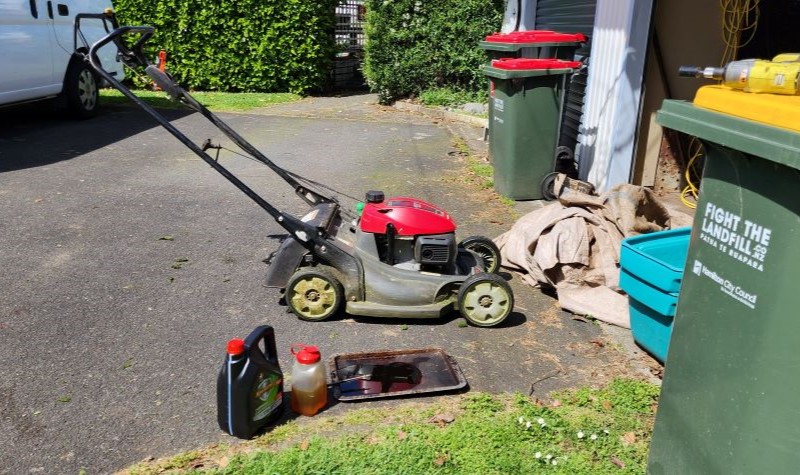
Check the Oil: Take the oil cap off and see if you see any signs of a milky white substance around the top or in the oil. If so the oil is contaminated with water and needs to be changed.
Dry the Internal Parts: Check the air filter; if it is wet, replace it. If it is a sponge filter, it can be air-dried. If your carburetor is wet, try spraying it with carburetor cleaner.
Let the Engine Dry: Leave the mower in a warm, dry place and ensure the engine has dried completely before starting.
Lubricate Moving Parts: Go around the machine and lubricate all moving parts with WD-40.
Test: After everything has dried, reconnect the spark plug and try to start the mower. If you do get it running, let it idle for a few minutes to help dry out any remaining moisture.
Monitor Performance: Once you use the mower, be aware of how the machine runs. Is it running smoothly? Are there any strange noises? If you have any problems, you might have to take it to a repair shop.
Listen to audiobooks while you work.

With a sixty-day free trial
Discover millions of ebooks, audiobooks, and so much more for just $9.99/month.
What about a battery or electric lawn mower?
With an electric mower, you have a whole new reason for concern. We all know that electricity and water don’t mix well. This is what could happen if an electric mower was to get wet.
Electrical components damage: If the electrical components like the motor, battery, and controls get wet, you may get a short circuit, corrosion, or insulation issues. This may lead to malfunctions or failure of parts of a lawn mower.
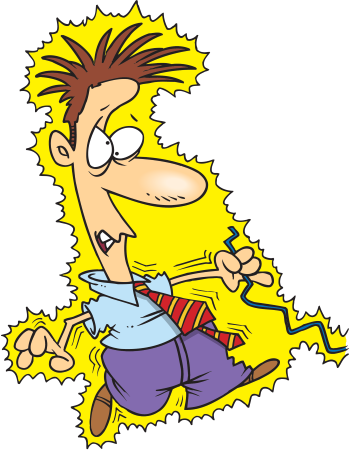
Safety hazards: As I said earlier, water and electricity don’t mix. You run the risk of electric shock. If water gets on exposed wires or the electrics, it is dangerous for you or anyone nearby.
Decreased performance: If it does run, your machine may run erratically. It may surge or even completely shut down.
Battery damage: Batteries are not cheap and do not like water. Apart from short circuits, you could get corrosion of the terminals and reduced battery life of capacity.
Can you use a battery-powered mower in the rain?
As you might have guessed by the list of what can go wrong above. The answer is no. Most manufacturers do not recommend it.
Conclusion: What to do if your lawn mower gets wet
This article discussed the possible damage that rain could do to a gas-powered lawn mower. We covered how rain or moisture could affect engine or fuel system components.
The best way to avoid this is by waiting for the grass to dry before cutting. We then discussed covering the mower if it is stored outside or elevating it if they are stored in a garage.
We then covered a step-by-step guide of what to do if your mower does get wet. Now its time to get that mower running and mow that lawn.
Frequently Asked Questions.
What is the best way to mow a lawn in the rain with a gas-powered mower?
Can You Store A Lawnmower Vertically?
How Often Should You Change Your Lawn Mower Blades?
Why Is Your Lawn Mower Not Cutting Evenly?
Get tips & tricks on how to grow a profitable lawn care business delivered to you inbox every week.
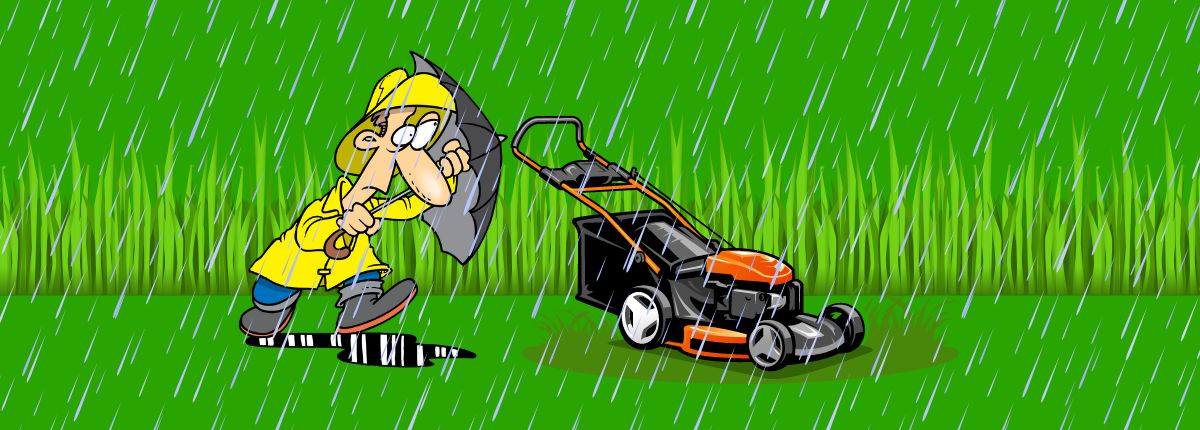
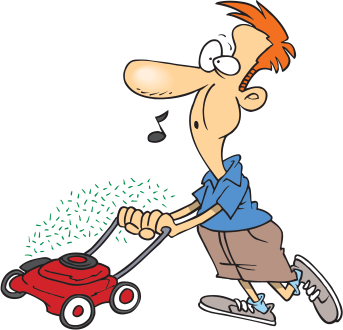

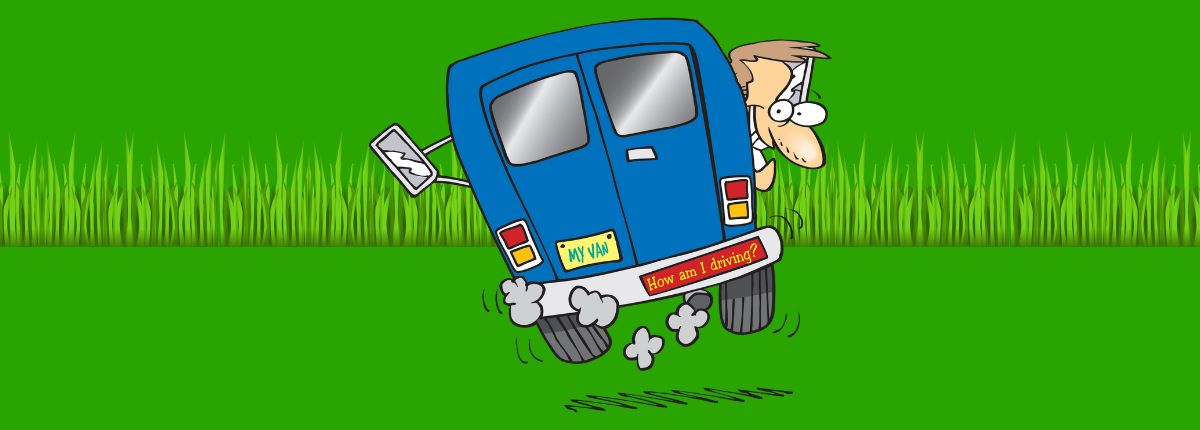


Leave a Reply